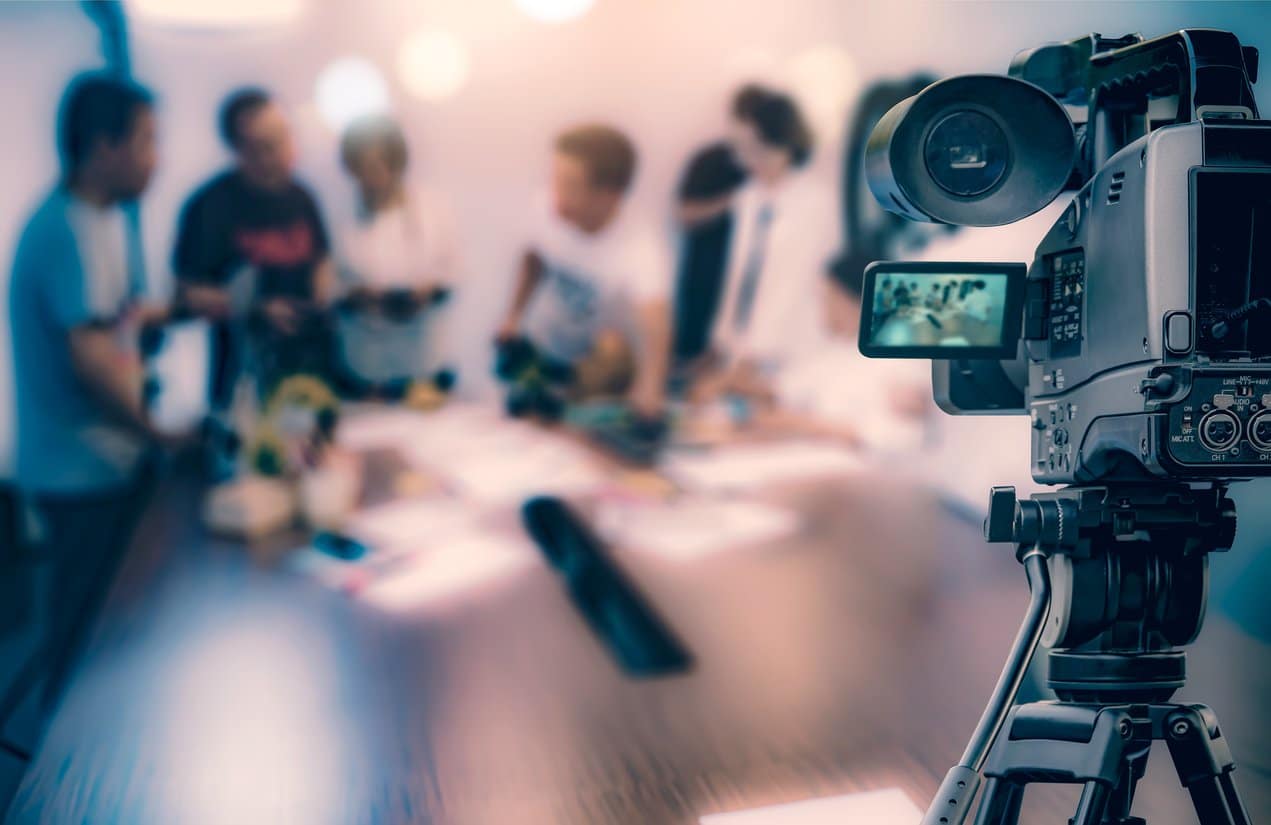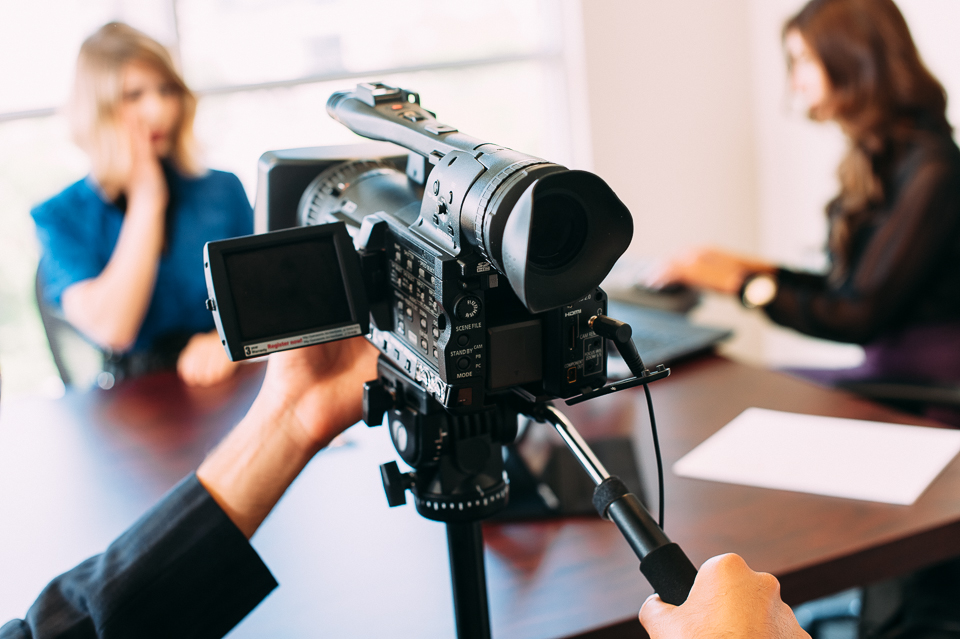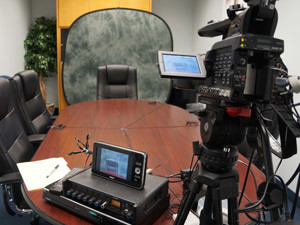The Role of Legal Videography in Depositions and Trials
Lawful videography has actually become a necessary tool in both depositions and trials, offering a multifaceted approach to recording witness statements. By catching not only the spoken word yet likewise the subtleties of non-verbal communication, this medium enhances the credibility of testaments and protects vital evidence for future proceedings (legal videography). As attorneys progressively acknowledge its worth, it triggers a deeper examination of just how these aesthetic documents can influence juror assumptions and trial outcomes. What effects might these advancements hold for the future of lawful method?

Importance of Lawful Videography
Legal videography plays a crucial function in the documents and presentation of depositions and trials. This customized field integrates technological abilities with lawful expertise to develop a trustworthy document of proceedings that can substantially affect instance outcomes. The visual element of lawful videography boosts the understanding of witness testimony, allowing jurors and judges to observe not only the spoken words however also the temperament, emotions, and body language of the witnesses.
Additionally, legal videography provides an unbiased account of occasions, decreasing the possibility for false impression that can take place with created records alone. This visual documentation functions as an essential tool throughout test discussions, helping with a clearer and more influential story for both plaintiffs and defendants. Furthermore, the capacity to replay video clip sections during court proceedings makes it possible for lawful teams to emphasize key factors, strengthening their arguments effectively.
The importance of lawful videography prolongs past the court; it also plays an essential function in preserving proof for future reference, whether for allures or additional lawful activity. Its integration right into the legal procedure is important for making certain a fair and accurate representation of the realities, ultimately adding to the pursuit of justice.

Refine of Legal Videography
While recording the nuances of depositions and tests, the procedure of lawful videography involves numerous critical steps that make certain top notch, exact recordings. Initially, a specialist legal videographer prepares by evaluating the instance products and understanding the certain needs of the deposition or test. This preparation consists of familiarizing themselves with the individuals and the context, which helps in catching important information.
On the day of the recording, the videographer establishes up the essential tools, which typically includes high-def cameras, microphones, and correct lights. Making certain optimum angles and audio top quality is critical, as it straight affects the efficiency of the recording. The videographer interacts with attorneys and participants to establish methods, making certain that every person recognizes the recording procedure.
During the deposition or trial, the videographer meticulously videotapes the process, paying close focus to both verbal and non-verbal cues. This consists of recording the attitude and reactions of witnesses and attorneys. After the session ends, the videographer might edit the footage for quality and conformity with legal criteria, generating an end product that properly shows the proceedings for future referral and usage in legal contexts.
Advantages in Depositions
The consolidation of videography in depositions provides numerous benefits that enhance the overall procedure of gathering proof. One main advantage is the capability to capture witness testaments with visual and acoustic integrity, offering a more exact depiction of the witness's disposition, tone, and body movement. This multidimensional method permits attorneys and courts to evaluate reliability better than traditional written records alone.
Additionally, videographed depositions work as a powerful tool for maintaining statement. Needs to a witness ended up being inaccessible for trial, their videotaped deposition can be played in court, guaranteeing that their proof remains easily accessible and relevant. This facet considerably lowers the risk of losing critical information that might influence case results.

Last but not least, videography enhances the overall professionalism and reliability of the deposition procedure, instilling self-confidence in customers pertaining to the thoroughness of their lawful representation (legal videography). By leveraging technology, legal professionals can significantly improve the efficiency of depositions
Influence on Tests
In several tests, the integration of videography can significantly influence the presentation of proof and the court's understanding. Lawful videography catches witness statements and crucial proof in a dynamic layout, permitting jurors to involve with the material on numerous degrees. This visual part boosts the storytelling aspect of a test, supplying context and emotional resonance that typical text-based proof may lack.
In addition, video recordings can act as effective tools for impeachment throughout cross-examination. When discrepancies occur in between a witness's prior statements and their courtroom testimony, video clip evidence gives an unbiased referral that can guide jurors' opinions. This immediacy and clarity can strengthen the reputation of a celebration's story while simultaneously weakening opposing arguments.

Future Trends in Legal Videography
As we look towards the future of lawful videography, numerous arising fads assure to improve its duty within the court room. One substantial fad is the assimilation of fabricated knowledge (AI) in video clip analysis and modifying. AI can improve the process of determining essential moments in recorded depositions, allowing lawyers to promptly access pertinent material, consequently improving effectiveness in case prep work.
In addition, the surge of online reality (VR) and boosted fact (AR) innovations is expected to transform just how jurors experience proof. legal videography. By immersing jurors in a simulated setting, these modern technologies can supply a more profound understanding of intricate situations, leading to more enlightened deliberations
Moreover, the raising need for remote depositions, accelerated by the COVID-19 pandemic, will likely continue. Lawful videographers will require to adapt to new software program and platforms to ensure high-grade recordings in digital settings.
Last but not least, the expanding emphasis on information safety will necessitate more stringent protocols for saving and sharing video proof. As the legal landscape official website evolves, legal videographers need to stay abreast of these patterns to maintain their significance and performance in the judicial process.
Verdict
In recap, lawful videography serves an important feature in the judicial procedure, boosting the integrity of depositions and trials. As innovation continues to progress, lawful videography is positioned to more transform its role within the legal landscape.